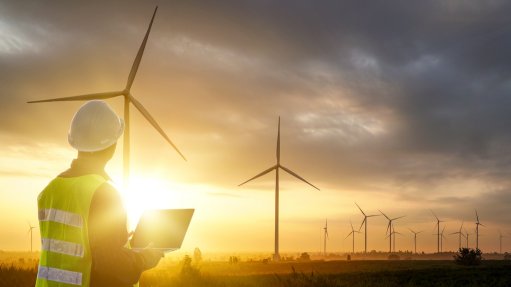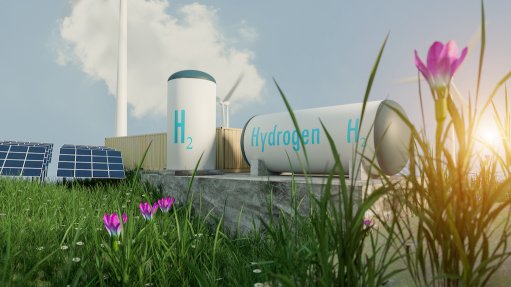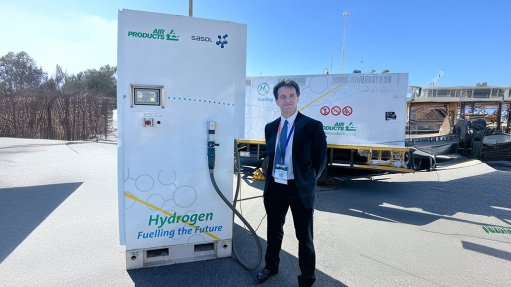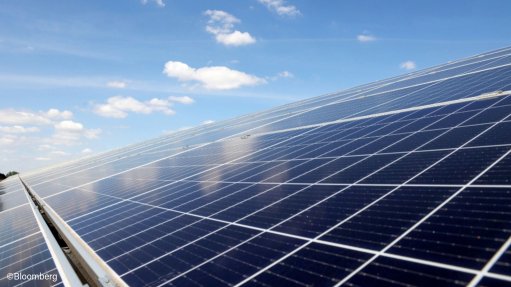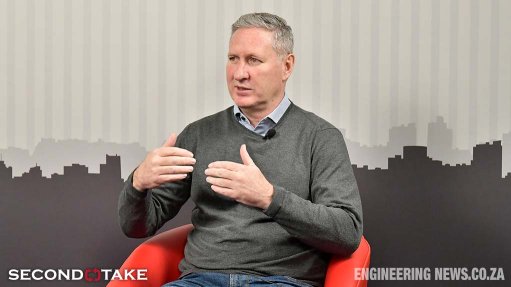Circular economy a key component of South Africa’s post-Covid-19 recovery, says Creecy

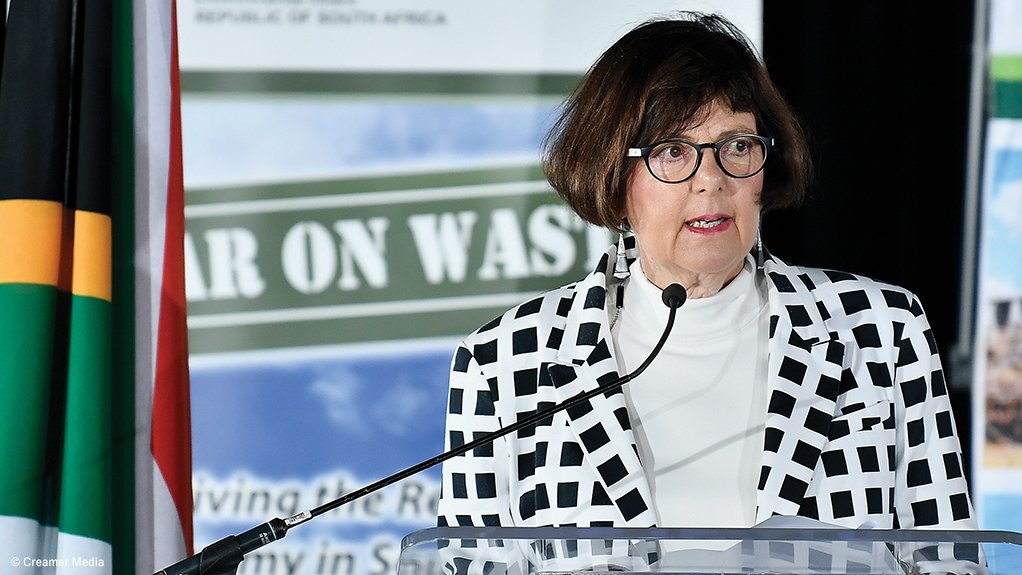
Forestry, Fisheries and Environment Minister Barbara Creecy
Photo by Creamer Media's Donna Slater
South Africa’s post-Covid-19 Economic Reconstruction and Recovery Plan includes a green economy component, of which the circular economy is a key component, to ensure environmental protection and the sustainable use of the country’s natural resources.
“The plan promotes waste recycling, renewable energy generation, revitalising our ecotourism and forestry sector, as well as the retrofitting of government buildings to improve climate resilience and save on water and energy consumption,” Forestry, Fisheries and the Environment Minister Barbara Creecy said during the World Circular Economy Forum (WCEF) on April 15.
In relation to this, and in consultation with industry and other role-players, the Minister touched on the publication of the Extended Producer Responsibility Regulations for the packaging, electronics and lighting sectors for implementation, starting on May 5.
She explained that these regulations would “establish producer responsibility schemes to lead in the reclaiming and recycling of waste in these three significant sectors”.
A central focus of all government’s efforts has been to decrease plastic waste and enhance the recycling of plastics, which Creecy said was in line with government’s commitment to reducing plastic waste in the environment and preventing this dangerous pollutant “from entering our rivers and oceans”.
“Efforts here have spanned across the retail and fast-food sector where we have seen significant initiatives by the Consumer Goods Council to eliminate single-use plastics, promote changes in product design to facilitate recycling; and invest in research and development to promote new products made from plastic recyclate.”
Government is also in the process of amending plastic bag regulations. From January 1, 2021, all plastic bags must be made of a minimum of 50% post-recyclate material.
That will increase to 75% from the start of 2025 and then to 100% by 2027.
These targets would be met by ensuring that post-consumer recyclate was made up of household, industrial and commercial waste diverted from landfills, thus further entrenching circularity in waste management and product development, Creecy said.
Additionally, a key departure from the previous waste management strategy is the strategic shift to accommodate waste reclaimers and the informal sector by addressing their role in the circular economy.
In many towns and cities in South Africa, waste reclaimers are important actors in diverting recyclable material from landfill.
Investment will be focused on the economies associated with transporting recyclables to waste processing facilities, separation at source, and addressing the skills gaps within the sector.
Central to efforts was a commitment to ensuring the transition of reclaimers from a precarious hand-to-mouth existence, to sustainable and dignified livelihoods, Creecy said.
The Minister also referred to circular economy initiatives on the continent, starting with the implementation of the Africa Green Stimulus Programme being at the forefront of the continent’s response to the economic downturn caused by the Covid-19 pandemic.
Central to this programme were principles of the circular economy, Creecy said, adding that Africa was the first region to establish a regional forum for circular economy implementation.
“This is a significant development for a continent with a growing population and a large informal business sector.”
She explained that there was "a very high level of cooperation” among the members of the African Circular Economy Alliance (ACEA), which was further strengthened by their African Ministerial Conference on Environment (AMCEN) and African Union memberships.
South Africa and other members of the ACEA are also participants in a number of multilateral environmental agreements relating to the transboundary movement of waste and protection for the continent’s people from dumping of hazardous materials.
“At a continental level, we want to see recycling growing not only for effective waste management and resource use, but also to help us in addressing our challenges relating to unemployment and economic recovery,” Creecy explained, noting that incorporating informal economy actors such as waste reclaimers and recyclers was crucial, particularly in areas where there was limited government waste management capacity.
However, she stressed that circularity could not be successfully integrated into economies without enhanced access to massively scaled-up support, investment and capacity building from developed nations.
“Collaboration between developed and developing countries is the only way in which we will be able to make meaningful interventions in the implementation of the circular economy,” the Minister concluded.
Comments
Press Office
Announcements
What's On
Subscribe to improve your user experience...
Option 1 (equivalent of R125 a month):
Receive a weekly copy of Creamer Media's Engineering News & Mining Weekly magazine
(print copy for those in South Africa and e-magazine for those outside of South Africa)
Receive daily email newsletters
Access to full search results
Access archive of magazine back copies
Access to Projects in Progress
Access to ONE Research Report of your choice in PDF format
Option 2 (equivalent of R375 a month):
All benefits from Option 1
PLUS
Access to Creamer Media's Research Channel Africa for ALL Research Reports, in PDF format, on various industrial and mining sectors
including Electricity; Water; Energy Transition; Hydrogen; Roads, Rail and Ports; Coal; Gold; Platinum; Battery Metals; etc.
Already a subscriber?
Forgotten your password?
Receive weekly copy of Creamer Media's Engineering News & Mining Weekly magazine (print copy for those in South Africa and e-magazine for those outside of South Africa)
➕
Recieve daily email newsletters
➕
Access to full search results
➕
Access archive of magazine back copies
➕
Access to Projects in Progress
➕
Access to ONE Research Report of your choice in PDF format
RESEARCH CHANNEL AFRICA
R4500 (equivalent of R375 a month)
SUBSCRIBEAll benefits from Option 1
➕
Access to Creamer Media's Research Channel Africa for ALL Research Reports on various industrial and mining sectors, in PDF format, including on:
Electricity
➕
Water
➕
Energy Transition
➕
Hydrogen
➕
Roads, Rail and Ports
➕
Coal
➕
Gold
➕
Platinum
➕
Battery Metals
➕
etc.
Receive all benefits from Option 1 or Option 2 delivered to numerous people at your company
➕
Multiple User names and Passwords for simultaneous log-ins
➕
Intranet integration access to all in your organisation







